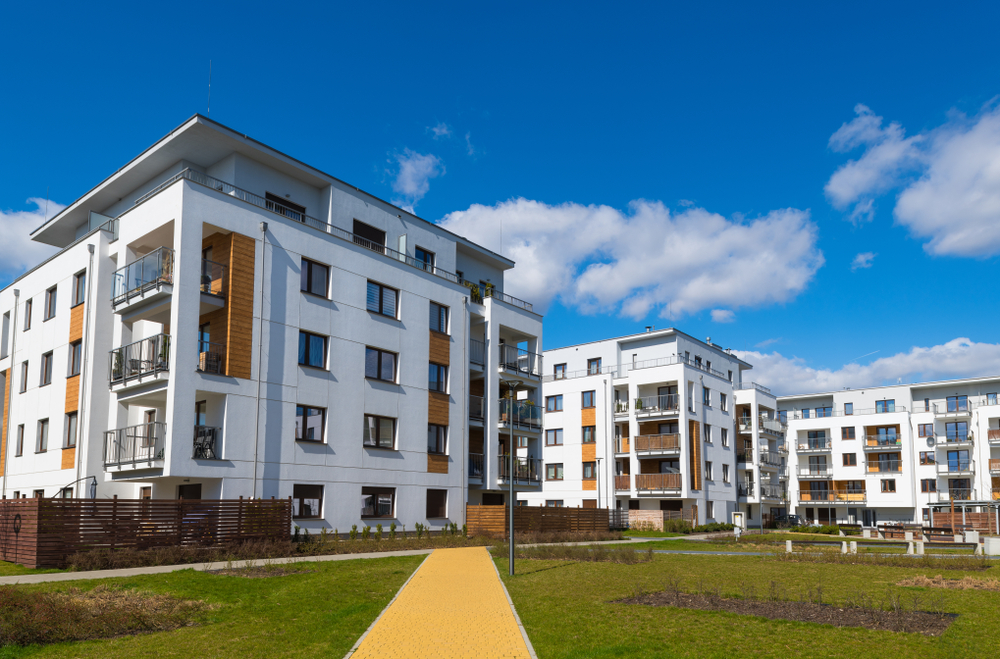Buy To Let
Autumn Budget 2021: Property developer tax to partially fund cladding remediation

Guest Author:
Anna SagarThe chancellor Rishi Sunak confirmed today that the government’s £5bn pledge to remove cladding remediation would be partially funded by a residential property developers’ tax.
Delivering the Autumn Budget and Spending Review in the House of Commons today, Sunak confirmed that the government had pledged £5bn to remove unsafe cladding from the highest risk buildings. Around £3bn of this will be delivered over the spending review period.
He added that this would be partially funded by a residential property developers’ tax and said it would be levied on developers whose profits were over £25m and set at a rate of 4%.
According to the latest government figures, at the end of September 94% of all identified high-rise residential and publicly owned buildings had either completed or started remediation work to remove or replace unsafe aluminium composite material.
This is equivalent to around 445 buildings.
The announcement was widely welcomed, but many thought the government needed to do more and act quickly to resolve the cladding crisis.

Wellness and wellbeing holidays: Travel insurance is essential for your peace of mind
Out of the pandemic lockdowns, there’s a greater emphasis on wellbeing and wellness, with
Sponsored by Post Office
Mary-Anne Bowring, group managing director at leading property management consultancy, Ringley Group, said a “blanket tax” on developers was “fairer than leaving leaseholders to shoulder the burden” but was still a “blunt instrument” for the cladding crisis.
She said: “Those responsible should cover the costs of what is ultimately a multi-billion pound myriad of mistakes is an obvious resolution to anyone, and it’s frankly bizarre that we’re still debating this when recent fire safety legislation provided the perfect opportunity to protect vulnerable leaseholders.
“Instead, those most affected are more unclear than ever as to their obligations, or who to turn to, and are increasingly sidelined in discussions about fire and building safety. Replacing unfit cladding systems continues to eat away at the Building Safety Fund at an alarming rate of £30m a month, and these allocations only cover high-risk buildings. Empowering leaseholders and occupiers with a voice should be at the forefront of future government action.”
Tomer Aboody, director of property lender MT Finance, added: “Cladding is a huge and deeply unfair issue, which is hitting many people hard. Making further funds available to deal with the cladding crisis is welcome and will help those people trapped in their homes with an additional four 4% on developers with profits of more than £25 million.
“This will help those homeowners who are unable to sell or refinance due to factors completely beyond their control. However, the government must continue to monitor the situation and do more if necessary.”
Chief executive of Bluestone Mortgages, Steve Seal, said the £5bn fund to remove unsafe cladding would “help prevent homeowners from becoming property prisoners”.
He added that with the tax announcement, along with other housing announcements, “speed is of the essence” and government should “deliver on these promises quickly”.